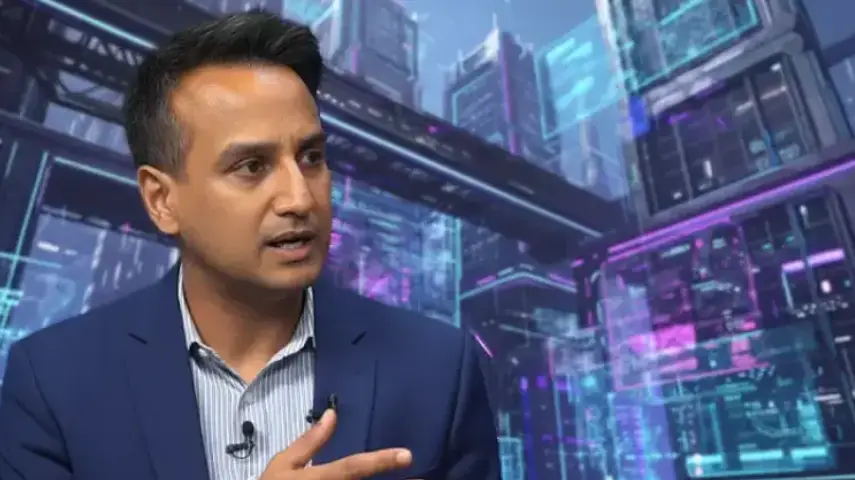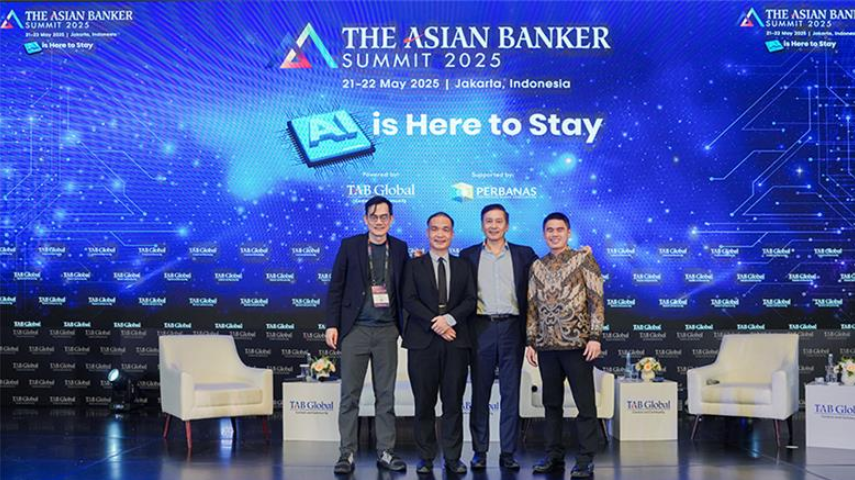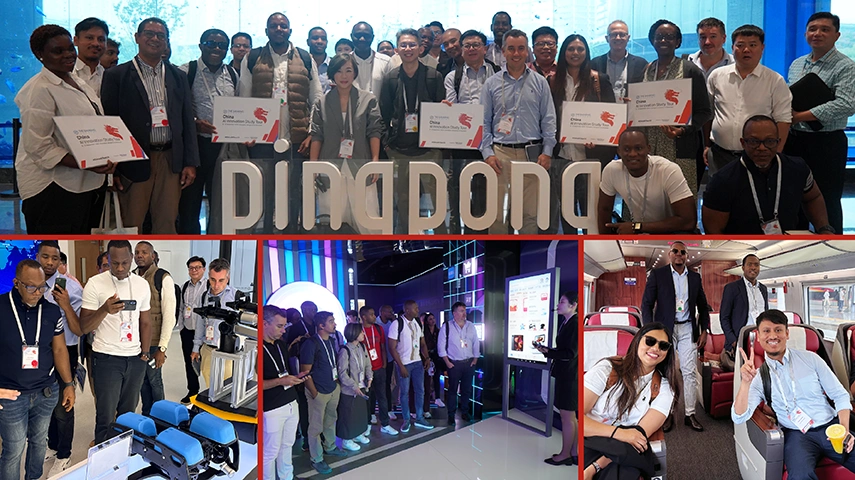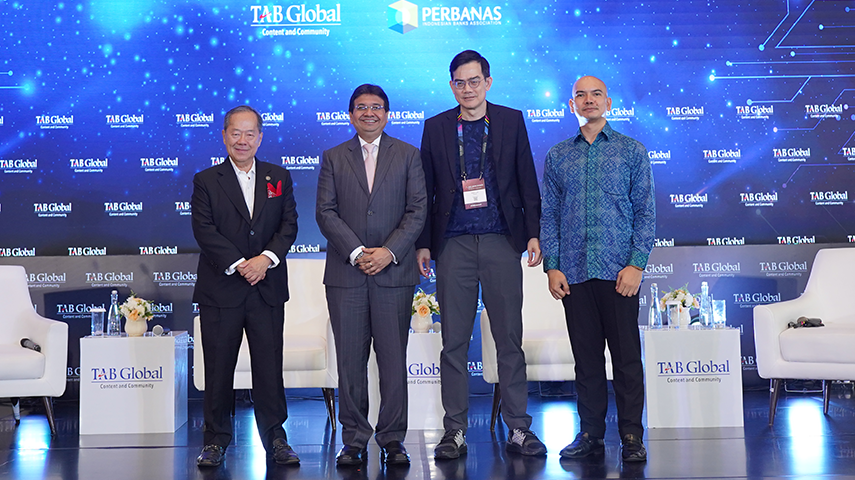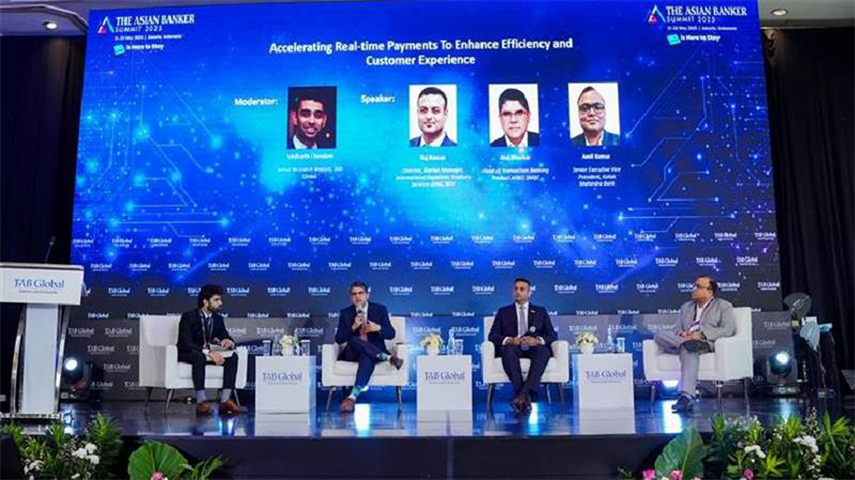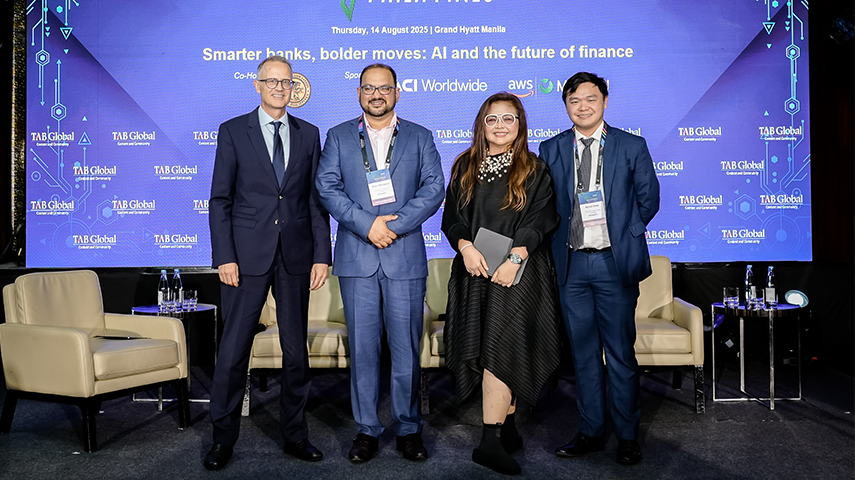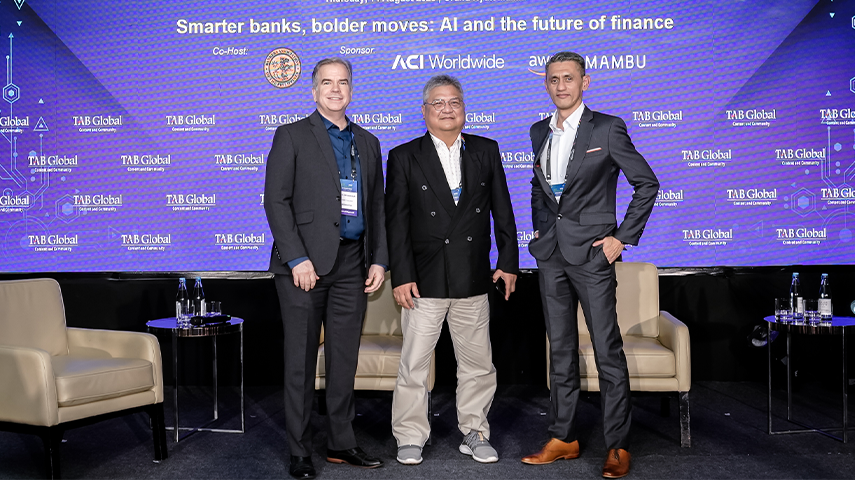- Financial institutions need to pay attention to new technologies and harness the power of the internet if they want to stay relevant
- With the rapid uptake of cashless payment systems like AliPay and the unfettered adoption of AI and blockchain technologies, China is paving the way for digital innovation in financial services
- Financial services and technology are very different to what we have known in the past, and what we will know in the future
Financial institutions need to pay attention to new technologies and harness the power of the internet if they want to stay relevant. This was the main takeaway from the keynote speech by Tim Berners-Lee, delivered on 24th May, 2018, at the opening session of The Future of Finance Summit in Beijing. The keynote speech set the tone for the rest of the Summit, which focused on how financial institutions could best serve the needs of the 21st century consumers by embracing technological developments and digital strategies.
The Chinese lead
Setting the context for the keynote speech, Alain Chevalier, Eemeritus professor of finance at ESCP Europe and chairman of the Summit Advisory Council, noted the appropriateness of holding this conference in China, saying“Beijing is a melding of old and new, with years of history and innovation to spearhead the future of finance.” Indeed, with the rapid uptake of cashless payment systems like AliPay and the unfettered adoption of AI and blockchain technologies, China is paving the way for digital innovation in financial services.
Emmanuel Daniel, chairman of The Asian Banker, concurred, adding, “Beijing is ground zero for transformation of the financial services industry.” In China, everyday experiences have been thoroughly transformed by the incorporation of digital payments into daily life through systems like WePay, which is part of Tencent’s WeChat messaging and social media platform. What is clear, Daniel asserts, is that “…financial services and technology are very different to what we have known in the past, and what we will know in the future.”
The internet in society
When he created the World Wide Web in 1989 while working at CERN, Tim Berners-Lee envisioned the development of a free platform which users could use to work collaboratively and exchange ideas on. He now freely acknowledges that the Web has not remained true to this vision, and that there is an inherent societal problem in this.
While tracing the advent of the internet – which is essentially a series of peer-to-peer networks – and the development of the Web, Berners-Lee referenced the “battle of the browsers” as an example of what the inefficient management of technology could look like. In the early days of the Web, the existence of different browsers like Netscape and Mozilla meant that each website may have had to develop different versions to meet the coding requirements of each browsers; though eventually, a standardised version was developed. Today, Berners-Lee equates this to the widespread use of mobile technology and smartphones, and contends that it is up to banks and other financial institutions to properly channel the powerful potential of today’s available technology.
A significant barrier, however, is what is commonly referred to as the “digital divide.” Although there is significant mobile uptake across the world; the United Nations (UN) has enshrined internet access as a human right; and regulatory moves have been made to ensure affordability, many people still do not have basic access to the internet. And this is a significant issue for society. “Whenever we make it [the internet] more powerful for the 20%, we disenfranchise the 80% left behind,” said Berners-Lee. The answer, he continued, is to keep pushing for change, as he does through his World Wide Web Foundation. “When you spend 25% of your time using the World Wide Web, then you should spend 5% to keep it open and free,” Berners-Lee added emphatically.
At this time, the internet faces huge threats. Misinformation is rampant. Users are losing control over their personal data. And – as recent world events have made clear – the internet is being misused as a political tool. Berners-Lee insisted that the internet should remain a creative, open space. “We need to align the interests of service providers and companies with social interests.”
With America’s recent strides to repeal net neutrality, it has become a hot-button issue that’s generated growing concern throughout the rest of the world. Not least because the way in which America moves forward with this will have repercussions around the world. Berners-Lee is a vocal proponent of net neutrality, believing that without it, there will be a serious decline in creativity and innovation across the board, including within the financial services industry. He strongly believes that the market for connectivity and the market for content needs to be kept separate. “If there is no net neutrality, the internet becomes like cable TV in the USA. You buy a feed and get a basic subscription, but then have to pay for extras,” he pointed out. Without net neutrality, service providers will essentially control what people see, read and access.
The question of blockchain
Commenting on the potential of blockchain, Berners-Lee likened it to the internet, to the extent that while working as a programmer at CERN, he “needed to build things using other people’s software.” While acknowledging that Blockchain is, in fact, very different from the Web, Berners-Lee noted that the two share many similarities, especially to the extent that they are both underlying systems on which a whole range of programs, including financial systems, can be built.
The trouble, however, is that to innovate with blockchain, financial institutions will be forced to create a whole new ecosystem to support it. In a larger context, Berners-Lee described how Blockchain is a useful technology to encourage the decentralisation of the Web, allowing more peer-to-peer actions and eliminating the need for intermediaries.
The data issue
All internet users agree to long-winded and opaque terms and conditions to access free services like Facebook and Google, resulting in their personal data being stored in proprietary silos that they cannot access. Users immediately lose any benefits they may have had if they had any control over their own data.
Berners-Lee is a proponent of open data. In fact, he heads the Open Data Institute (ODI), which, since 2012, has advocated for open data in the UK and across the world. But he’s also not afraid to acknowledge that data ownership is a complex issue. Referencing the computer systems of the 1980s and 1990s, Berners-Lee noted that there was no central data repository. Before, users controlled their own data, and had discs to access programs and store information. Now, companies like Google and Facebook own all our data, but he suggested that to mitigate the ownership issue, perhaps people should be paying for programs and places to store data.
For Berners-Lee, nothing captures the issue of data ownership better than the use of artificial intelligence (AI). “When you use AI, it’s often built for a company, like Siri [on the iPhone] or Alexa [on the Amazon Echo]. Who does it work for? Someone else. Not you!” AI depends on access to data. And the more data that is made available, the better AI can perform. The problem arises when the use of AI and its inherent need to access data results in intelligent information mining, and the dissemination of misinformation for nefarious purposes. The problem with this – and indeed, with the question of data ownership at large – became very evident through the recent Cambridge Analytica and Facebook scandals, which highlighted the potential abuse of data-sharing.
Regulation has a big part to play in creating a system for the appropriate storage and use of data, and in preventing the “weaponisation” of the Web by large technology companies. The goal, of course, is for all consumers to have access and control over their own data. “If all sectors – like healthcare and retail – were subject to the same regulations as banking, then we would always have access to our own data,” reasoned Burners-Lee. Gordian Gaeta, international resource director at The Asian Banker, added that part of the problem is that “…the creation of the data and the recording of the data is increasingly separate. In the financial services industry, financial institutions record the data but customers create it, so why should the institutions be entitled to use it?” In the European Union (EU), the General Data Protection Regulation directive went into effect on May 25th, 2018, empowering Web users with more control over their data. While its effects are yet to be seen, it is clear that other countries and regions will soon need to follow the EU’s lead.
It is obvious that the development of cutting-edge technology like blockchain and AI holds great potential for the future of the Web and for the financial services industry. What was made clear at the opening session of The Future of Finance Summit 2018, however, was that these technologies also create significant and complex issues that need to be effectively dealt with before they can truly be integrated into society at large.





